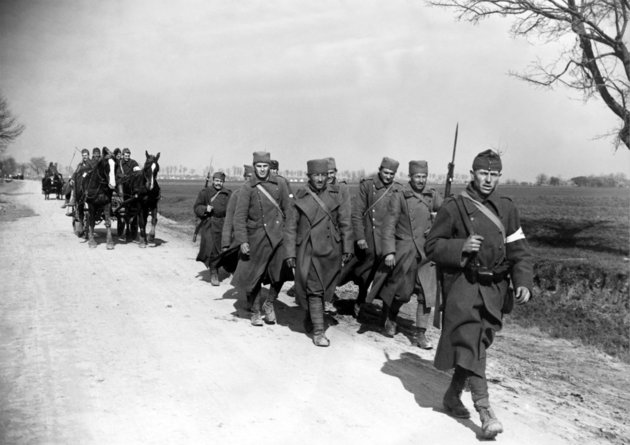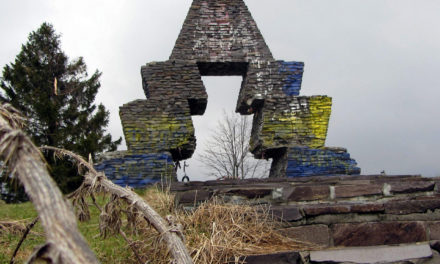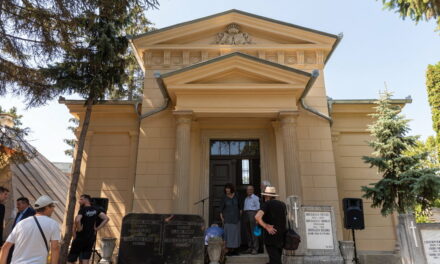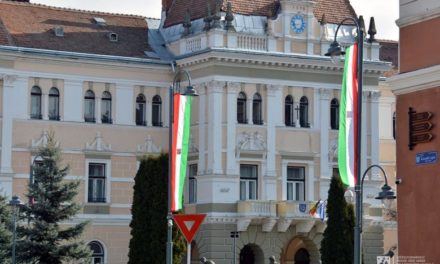Eighty years ago, on April 11, 1941, the last chapter of the expansion of the country between 1938 and 1941, the recapture of the South, began. The Royal Hungarian Defense Forces began operations to protect the indigenous Hungarian nation living in Yugoslavia, which fell apart as a result of the German attack. However, with the return of the Southern Region, the Kingdom of Hungary was forced into a fatal path.
In the spring of 1941, the German military was secretly preparing for war against the Soviet Union, and in this situation it was important for the Third Reich that nothing jeopardize the success of its operations and that peace reign behind its troops. That is why it was of great importance that, after Hungary, Romania, Slovakia and Bulgaria, on March 25, 1941, Yugoslavia also joined the Tri-Power Pact, and it seemed that Greece would be isolated in the Balkans, where English expeditionary forces were also stationed. Two days later, however, pro-British officers led by the former Yugoslav chief of staff, army general Dusan Simovič, carried out a successful coup - backed by the British secret service - Prince Regent Pál and his entourage were deposed, and the 17-year-old II. Peter, was placed in his sovereign rights. The new king appointed General Simovič as prime minister, who proposed a non-aggression pact to the Germans.
This upset the Führer's calculations, so he ordered the attack on Yugoslavia, counting on the involvement of the Italians and the Bulgarians.
The Germans then saw that the time had come and submitted the invoice for their revision assistance, with which Prime Minister Pál Teleki of Count Széki's fears came true.
The Führer sent a letter to Governor Miklós Horthy, in which he acknowledged the legitimacy of Hungarian territorial claims and requested that the Wehrmacht be allowed to launch an attack on Yugoslavia from Hungarian territory, and that the Home Guard also join it. In his reply, the governor allowed the German troops to march and expressed the hope that the national defense would join the attack in a short time. First, the Council of Ministers, then the Supreme National Defense Council met on April 1st and, on Teleki's proposal, formulated three conditions, any of which are fulfilled, the national defense can start its operations in the southern region: if the Yugoslav state framework is dissolved (at the same time, the treaty of eternal friendship also expires) , if there is a power vacuum in the region, if there is any threat to the southern part of the Hungarian nation. The Prime Minister secretly informed the British and the Americans of our dire situation, who did not prove to be understanding and the British declared without hesitation that if Hungary allowed the Germans to march through its territory, they would break diplomatic relations and
if the national defense becomes part of the operations in Yugoslavia, it will entail a declaration of war.
The prime minister felt that his political work - the peaceful territorial revision and the armed neutrality announced in September 1939 - could come to nothing, so in his despair he counted on only one solution, suicide.
On April 6, the German attack on Yugoslavia began, in retaliation the Yugoslav Air Force bombed Hungarian settlements (Körmend, Zalaegerszeg, Pécs, Siklós, Kelebia, Szeged) and railway trains. There were quite a few border incidents provoked by the Yugoslav border guards, but these were not followed by Hungarian countermeasures. The proclamation of the Independent State of Croatia on April 10 created a new situation, so the Hungarian political and military leadership could hasten to protect the part of the Hungarian nation living in the disintegrated Yugoslavia. For the mobilization of the Royal Hungarian 3rd Army under the command of Lt. Gen. Elemér Gorondy-Novák (Budapest I, Pécs IV, and Szeged V Corps), the Rapid Corps, the River Brigade, and some troops directly under the High Command between April 4 and 6 took place and the formations - 10 infantry, 2 motorized, 2 cavalry, 1 aviation and 1 river brigade - were marched to the southern border by April 11, on the other side of which the Yugoslav 1st Army had 3 infantry, 1 cavalry and 1 force division was grouped.
The launch of the attack was scheduled for April 13, but due to the German successes, the date was brought forward, because it was assumed that if the army delayed joining the operations, the recovery of the South might fail.
Thus, the Hungarian troops started crossing the border on April 11, Good Friday, at half past two in the afternoon, before which the governor's military order was announced:
"Patriots! Duty calls us once again to rush to the aid of our separated Hungarian blood. Always building on your proven military virtues and discipline, I am confident that you will solve this new task perfectly. The God of the Hungarians and all the thoughts of the nation are with you now. Forward to the 1,000-year-old southern borders.”
The Germans quickly crushed the Yugoslav defenses, and the national defense's blitzkrieg was successful in three days, they recaptured Bácska and the Baranya triangle, and on April 16 they marched into Muraköz and Muravidék without firing a shot.
The territory of Hungary increased by 11,417 km² and by 1,02,5508 inhabitants, of whom 36.6% were Hungarian, 19% German and 16% Serbian.
The full article HERE .













